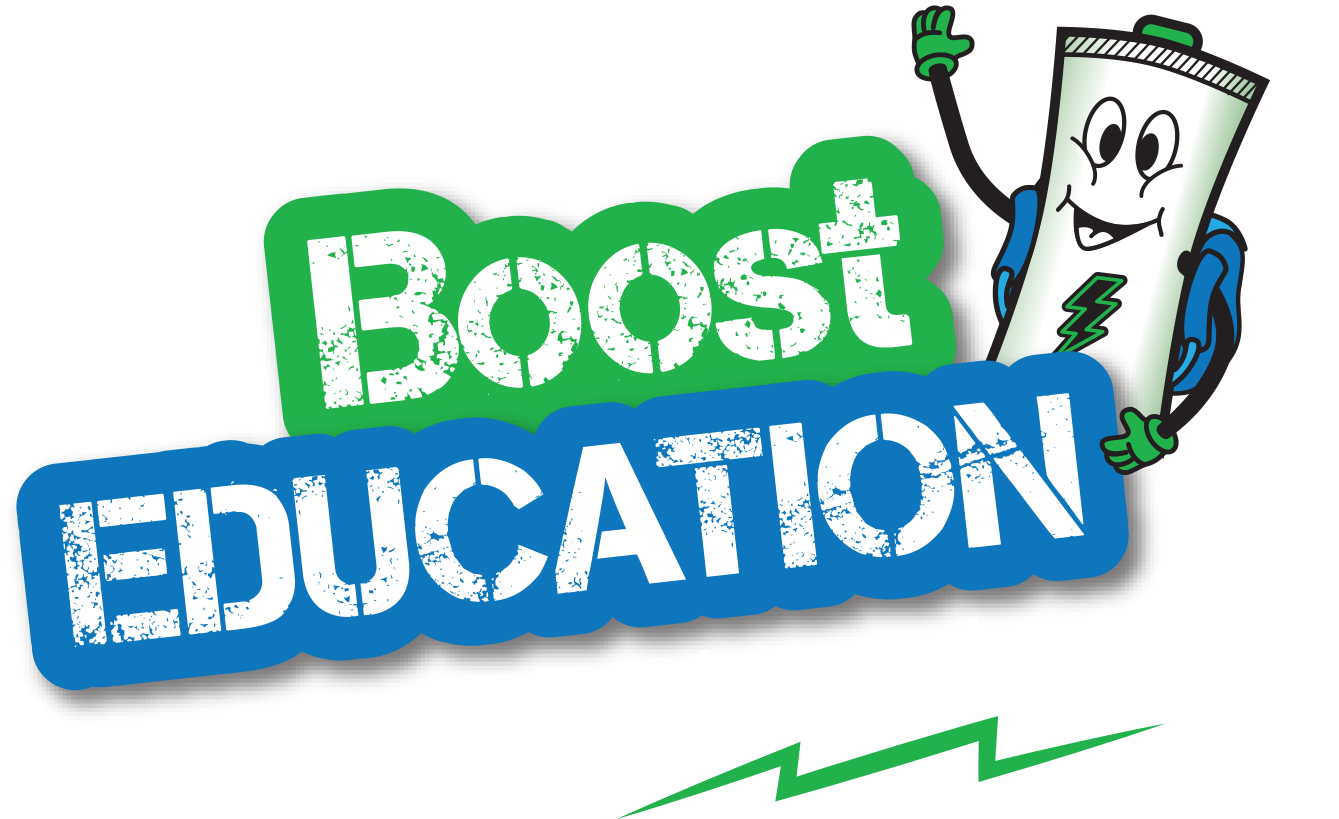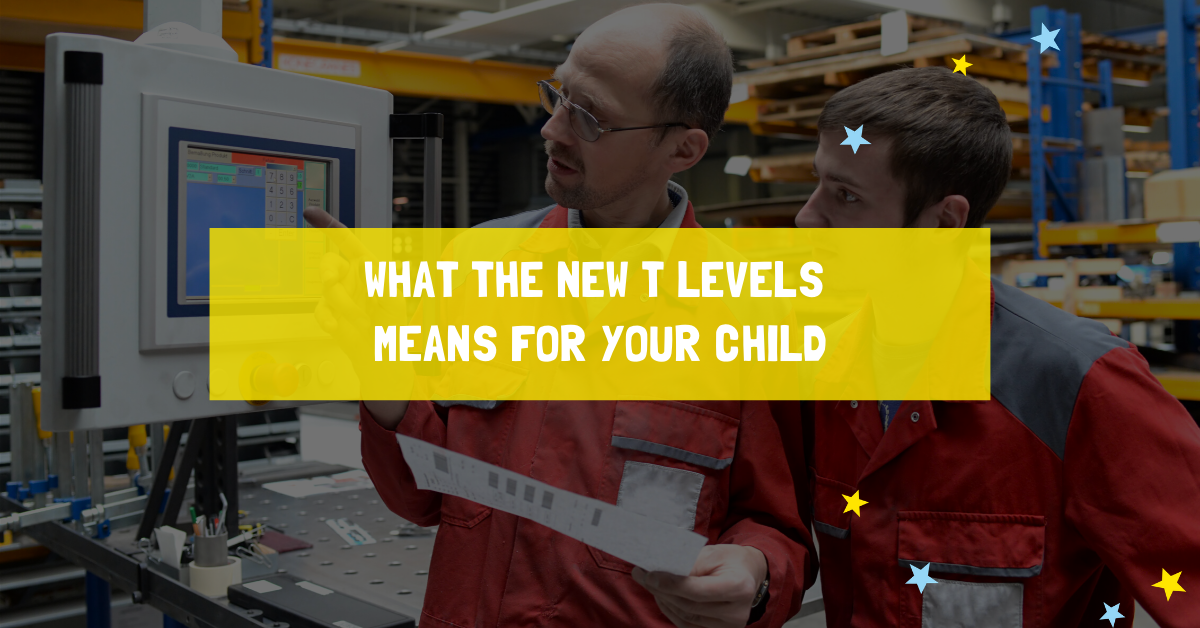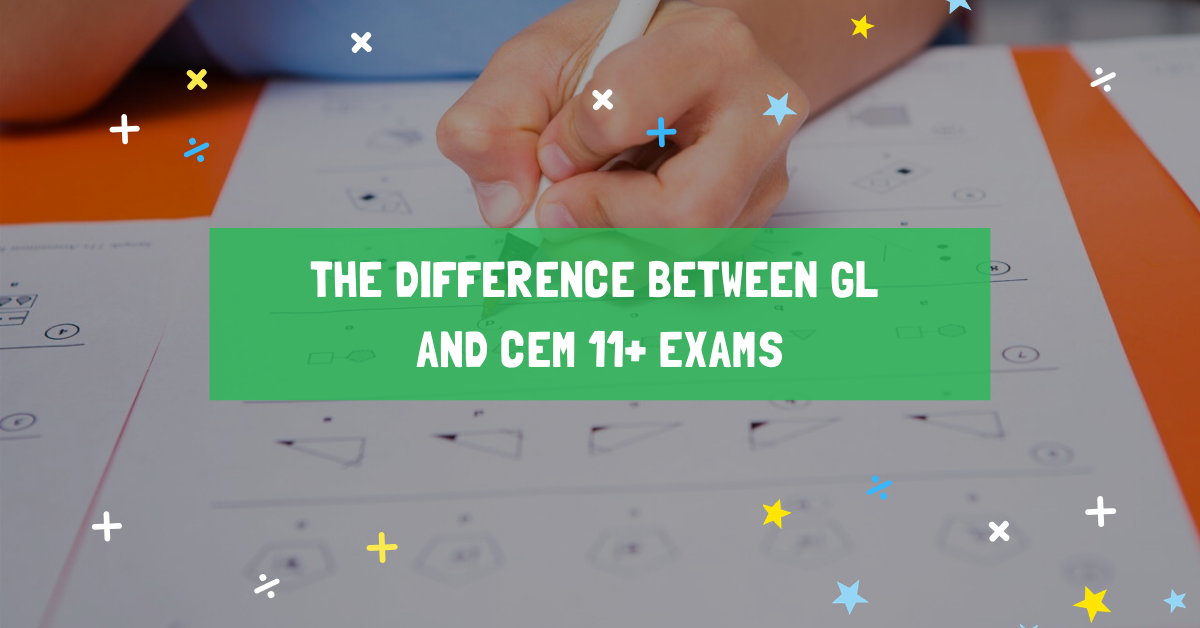The years following their GCSE exams are arguably the most important for British secondary school students. Learners at this level will either be considering their A-level subjects, mull over attending a new school or college for sixth form or consider attending a vocational school. Some may even decide to put academia behind them altogether. Whatever your child’s decision, it’s important that it’s an informed one that takes all opportunities and possibilities into consideration. With that said, use the tips in this article to help your child make the best decision for life after GCSEs.
Go for your A-Levels
Advanced Levels or A-Levels are a combination of subjects that students aged 16 or older must complete to enter university. A-Level courses can be completed at your current school or a sixth form or further education college. These colleges typically offer more qualifications than schools and introduce students to ways of learning that break from traditional class environments. A-Levels are divided into two stages: AS Level, for students aged 16 to 17 and A2 Level, for students aged 17 to 18. Examinations are completed at the end of each stage to move students through the grades.
A-Level subjects will depend on students’ academic and career ambitions so they will have the opportunity to combine subjects in a way that best suits their future plans. Making sure that your school or college offers the combination of A-Level subjects you’re looking for is important before registering as a student. Parents and students should talk to faculty and attend open days to learn more about what study paths schools or colleges offer.
Complete a vocational course in a related profession
A heart that’s set on a certain career at an early age isn’t a bad thing in the least. Technical courses are ideal for students looking to combine their studies with more hands-on training in a field of their interest. If this sounds like you, then familiarise yourself with qualifications such as TechBac, BTEC or Cambridge Technicals.
These qualifications allow students to prepare for jobs in various fields, therefore place a big focus on skills required to become proficient professionals. Cambridge Technical, for example, is an ideal qualification for students with a passion for Arts and Design, Digital Media or Performing Arts. It offers a suite of qualifications in a range of subject areas and is designed through consultation with employers and higher education providers.
Apply for traineeship or apprenticeship
Supported internships are particularly for students with learning difficulties who want to get a job and need extra support. These internships are typically unpaid and last for six months. Students gain invaluable on the job training and work experience and are eligible to study while completing their internship. Traineeships get you ready for work or for doing an apprenticeship. They last from six weeks to six months and provide essential work preparation training, literacy and other skills and experience to get an apprenticeship in a particular field.
With an apprenticeship you’ve pretty much decided on your field of interest and are committing yourself to learning the tools and workings of your trade. British law requires children to be in some kind of recognised work or training until their 18th birthday. This allows you to pursue an apprenticeship or vocational qualifications after your GCSEs. The only caveat is that you may not hold a full-time job as it will prevent you from studying. Apprenticeships are paid and allow you to combine work, training and study as you earn while you learn.
Talk to us about your child’s academic future
As an educational institution, Boost Education encourages children to pursue their fullest academic potential. School is an important stepping stone to lifelong learning as we grow and pursue our goals. If you would like to talk to us about your child’s education or academic future, get in touch with your nearest Boost education centre. Our tutors are always ready to welcome parents and students to discuss our tutoring services and how we can help. Get in touch today!








